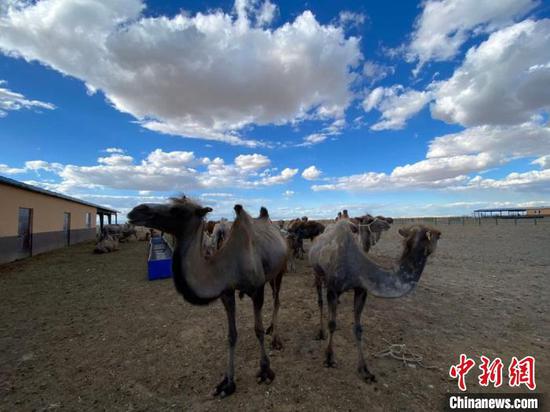
Camels in Jeminay County, Xinjiang Uyghur Autonomous Region. (Photo/China News Service)
(ECNS) -- Camels in Xinjiang Uyghur Autonomous Region no longer bear the function of carrying goods. A complete industrial chain related to camels has been set up to help increase income for local people.
Fuhai County in Altay Prefecture, Xinjiang, has been vigorously developing the camel milk industry as a pillar for rural vitalization. It has around 25,500 camels.
Nardos Bahetibek, a herdsman, raises 150 camels, 50 of which produce milk. A local dairy company purchases fresh camel milk every day, which will be made into camel milk powder, liquid milk, cosmetics and other products.
The company has formed a complete industrial chain covering camel milk acquisition, processing and sales. One of its products launched at the beginning of this year received an order of 4.3 million yuan (about $617 thousand) as soon as it hit the market. It not only drives the income of local herders, but also promotes employment.
Kalpin County in Xinjiang, which is called the “hometown of camels”, has 22,000 camels. Local herdsmen sell camel milk to dairy companies.
“We can get 30 kilograms of camel milk every day and sell it to the camel milk factory, with each kilogram sold at 30 yuan. We can make 900 yuan each day. I bought two cars by selling camel milk and my life is getting richer,” said herdsman Kurbanjan Ai Haiti.
Xinjiang New Camel Dairy Co Ltd in Kalpin has three automatic production lines, which can handle more than 6000 tons of fresh milk every year, with an output value of about 200 million yuan. At the beginning of 2023, it signed cooperation agreements with two enterprises in Shanghai and Zhejiang, with a contract amount of 15 million yuan.
Except for camel milk, camel hair in Xinjiang is another income source for local people. Xinjiang is rich in ice and snow resources, and supporting industries are thriving, among which is camel hair products. Outdoor ski clothing made of camel hair is warm and light, which is very popular among skiing enthusiasts.
Meanwhile, camel hair scarves, blankets, clothing and other products are sold at home and abroad. “In 2022, domestic market orders for 40,000 sets of ski suits and foreign trade orders for sweaters worth 500,000 euros were delivered as scheduled,” said Liu Yan, a manager of a camel hair enterprise.
“In 2023, we are ready to open up foreign trade markets in Iceland, Sweden and other countries,” Liu added.
Camel-themed tourism in Xinjiang also attracts a lot of tourists from across China. Mori Kazakh Autonomous County set up Xinjiang’s first camel-themed cultural and industrial tourism base in May 2022. Jeminay County, which has a large camel breeding industrial park, has embarked on a road of ecological civilization and cultural tourism through camel breeding, pasture planting and sightseeing.








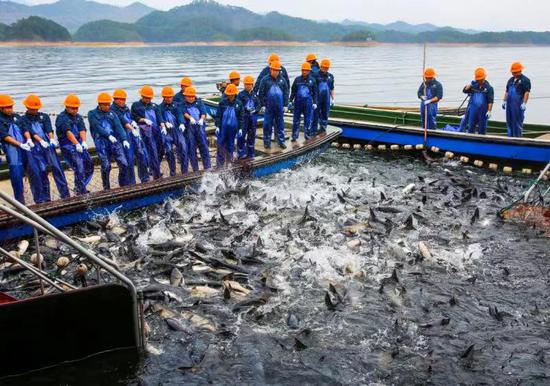
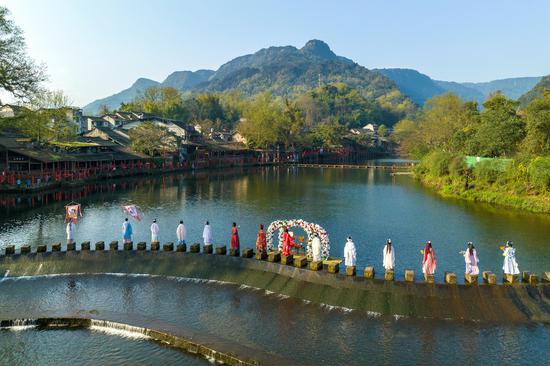
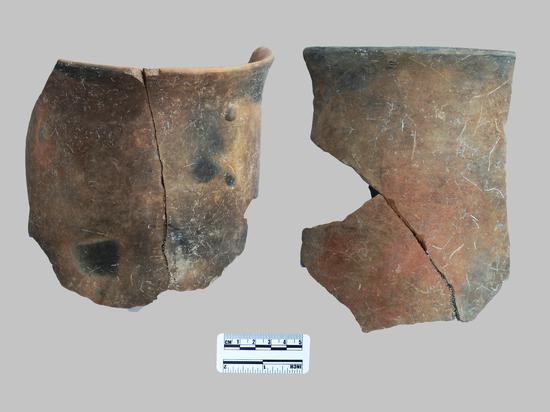
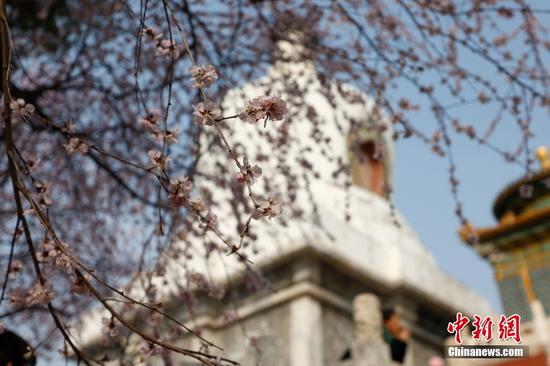


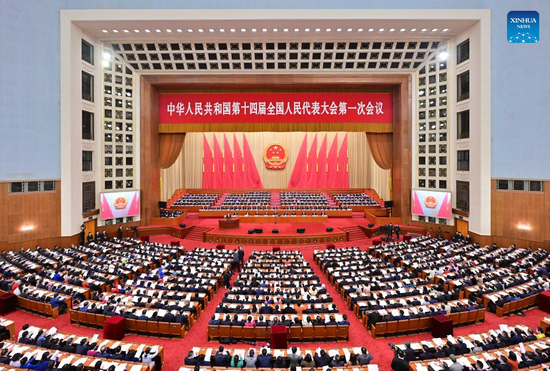
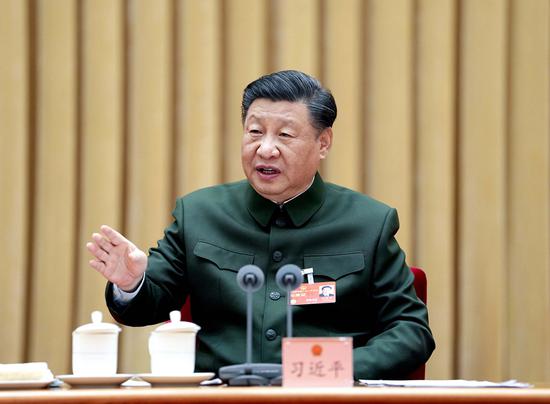







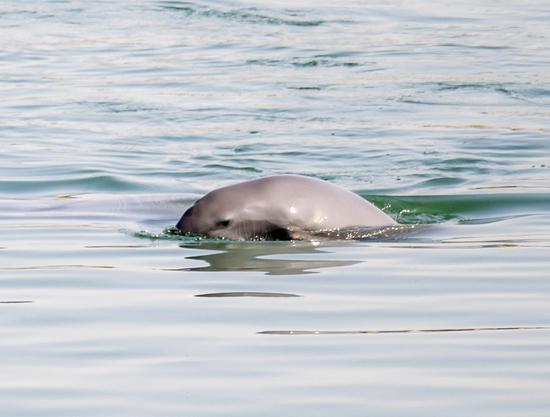
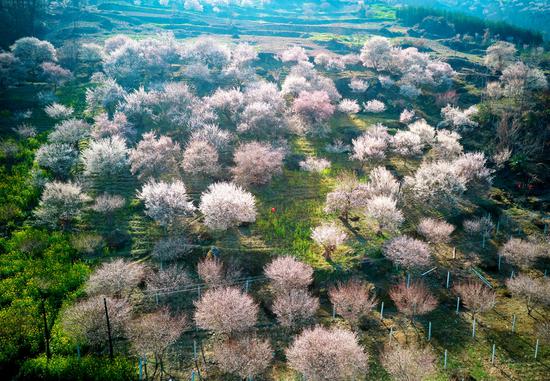
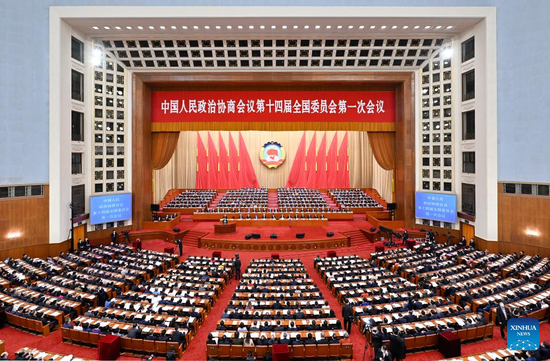

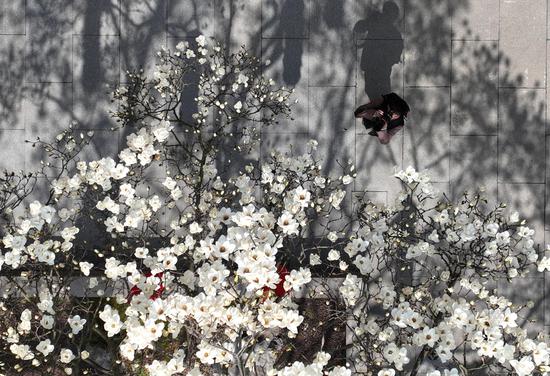
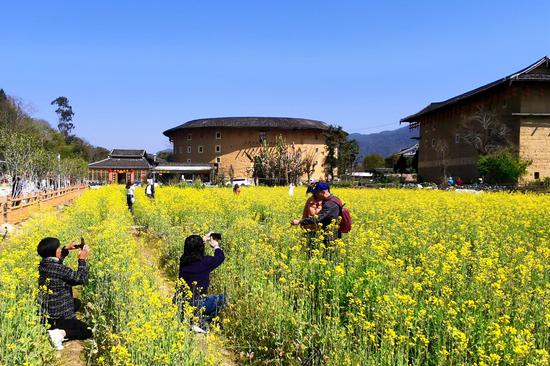
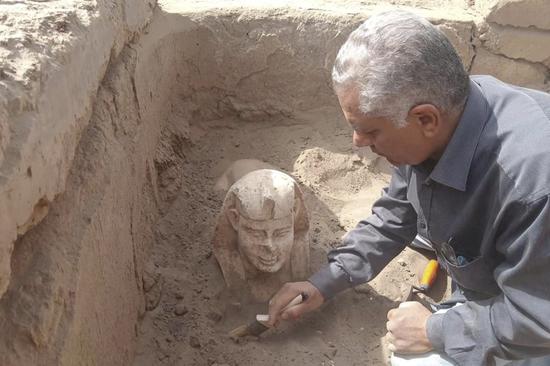

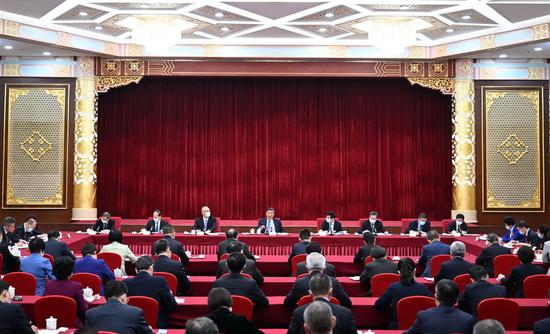

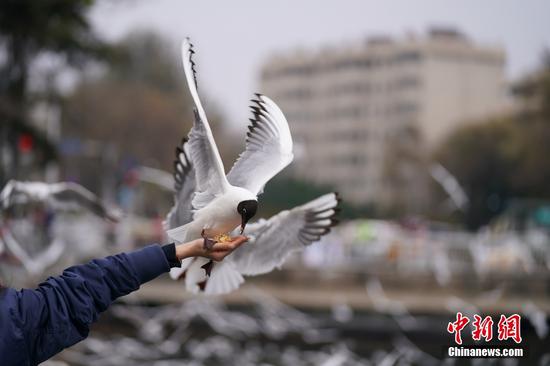
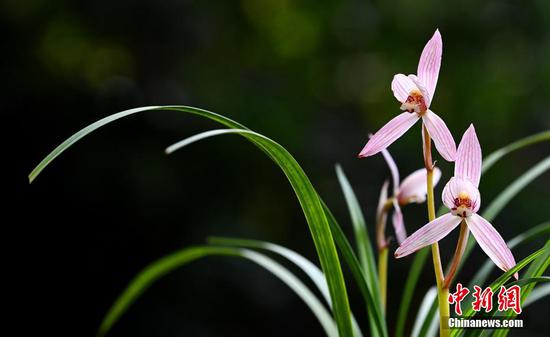

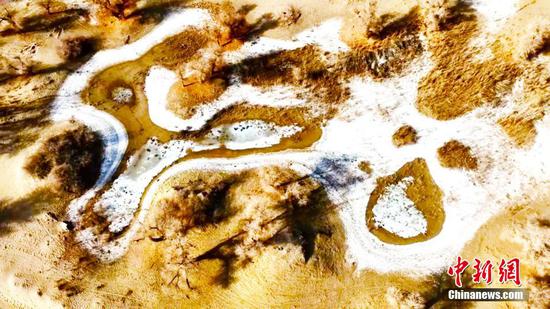
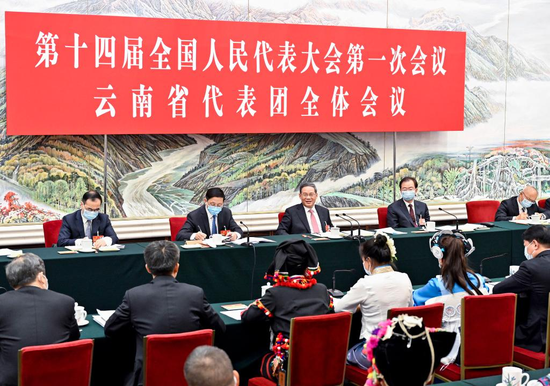
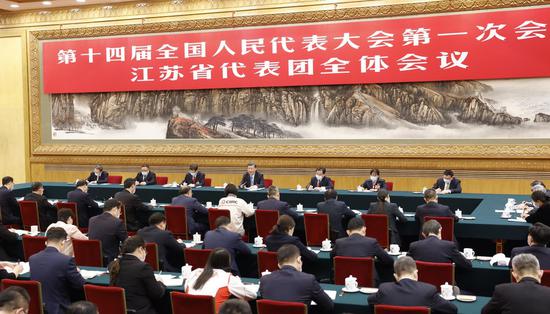
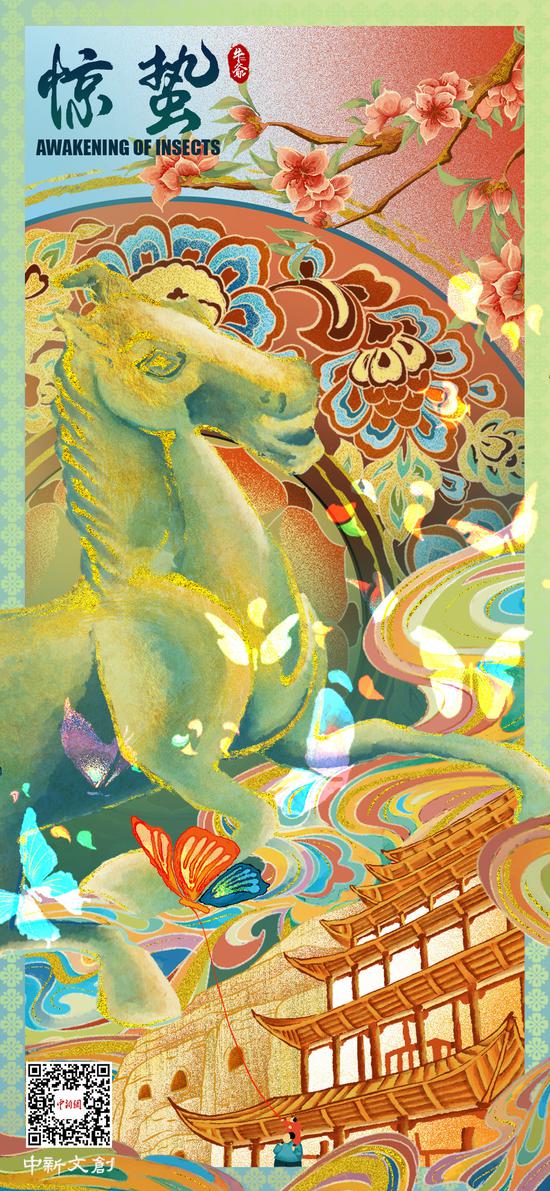
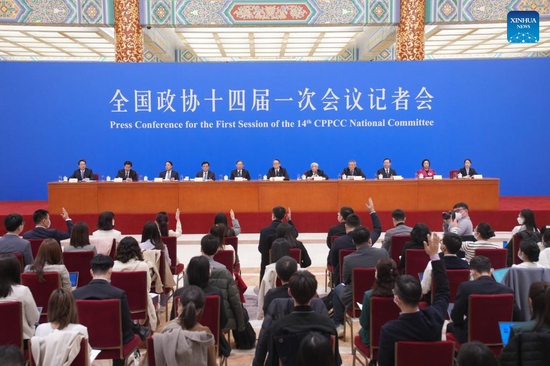
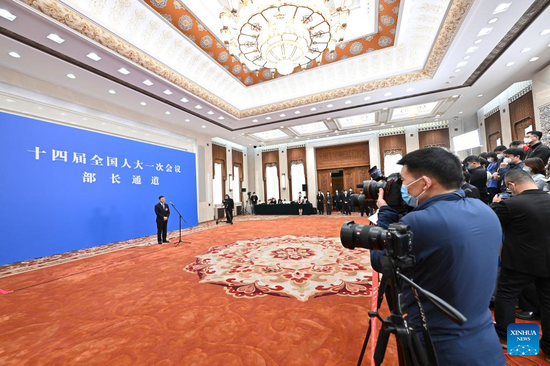

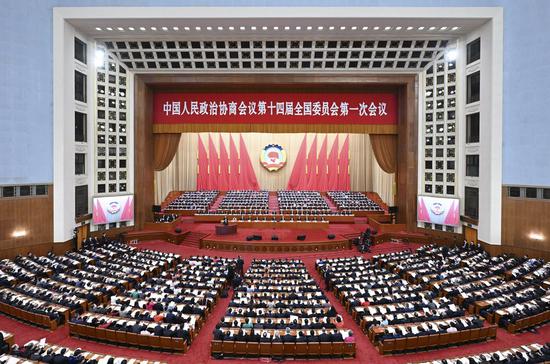





 京公网安备 11010202009201号
京公网安备 11010202009201号